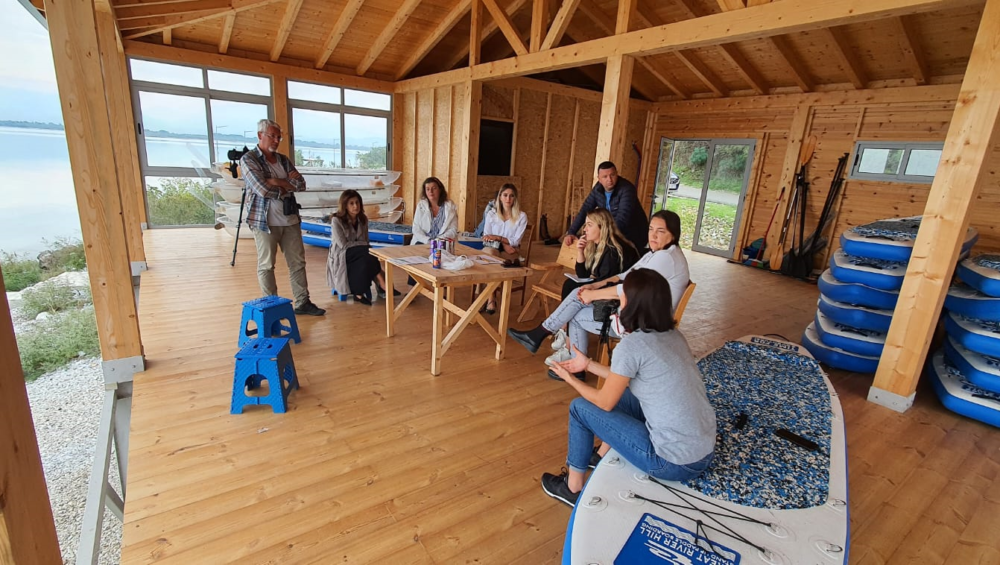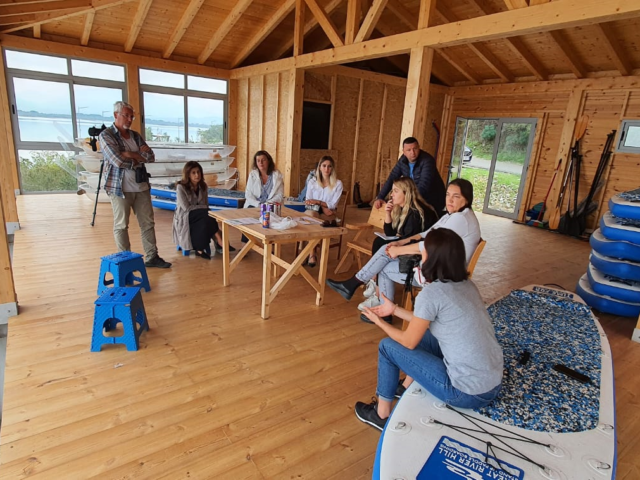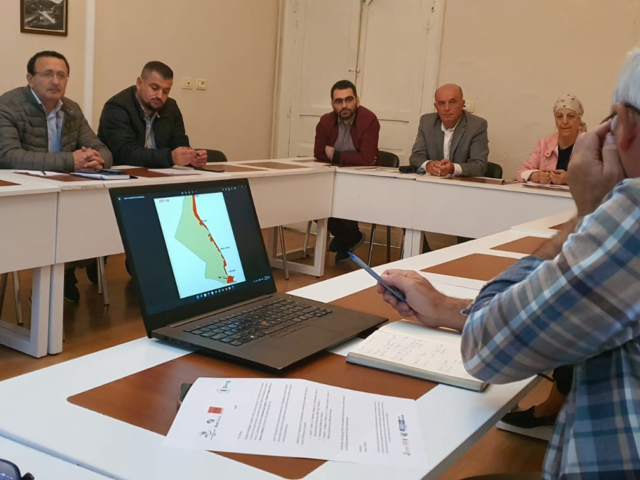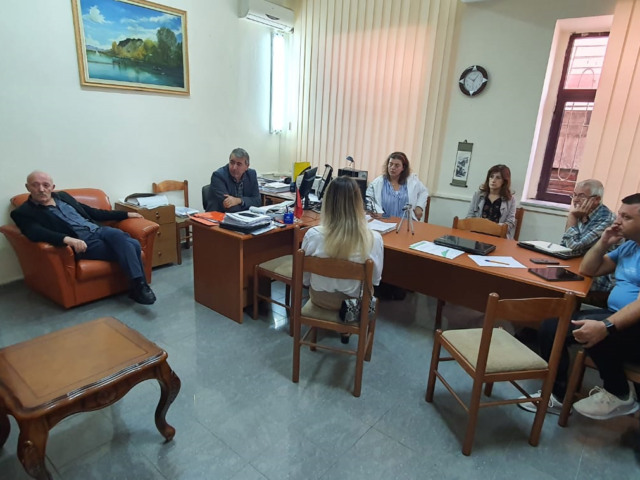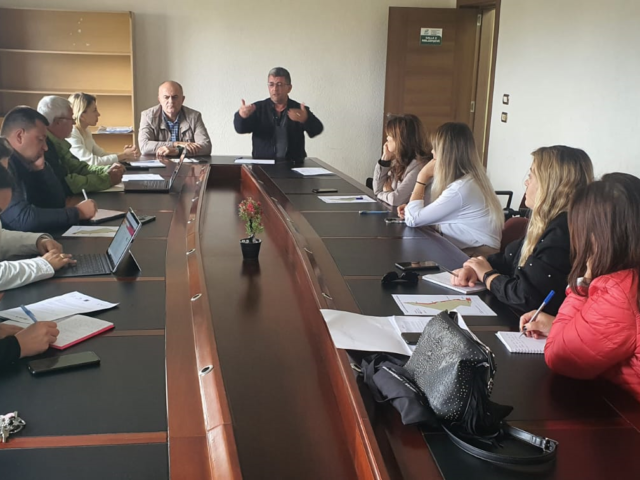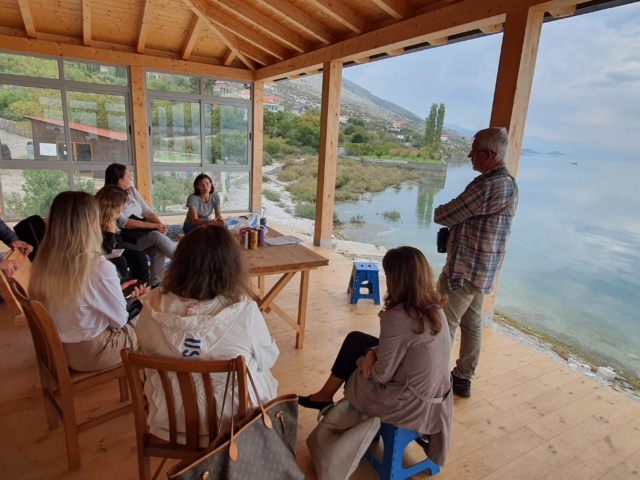In the picturesque city of Shkodra, a significant meeting recently took place, one that could have far-reaching consequences for the natural beauty of Albania’s Protected Areas (PAs). A coalition of Civil Society Organizations (CSOs) joined forces with local stakeholders to address the increasingly sensitive issue of border revisions within these vital conservation zones, a topic of growing concern both nationally and internationally.
The Group of Environmental Civil Society Organizations convened its second advisory meeting. Attendees included representatives from the Shkodra Regional Administration of Protected Areas, officials from the Department of Environment and Strategic Planning of Shkodra Municipality, academics from the Faculty of Natural Sciences at the University of Shkodra, and various local civil society organizations.
The main points in these discussions were:
- Biological and Socio-economic Impact: The expected consequences of these revisions on the biological diversity and socio-economic well-being of the PAs, notably in the Managed Nature Reserve (MNR) known as “Lake Shkodra.”
- Non-Sustainable Development Trends: Mapping and analyzing the trends of non-sustainable development practices within the area, highlighting the potential threats to the environment.
- Consultative Process: Evaluating the effectiveness and inclusivity of the consultative process initiated by public authorities in reaching these decisions.
It’s important to remember that in January 2022, the Council of Ministers approved two pivotal decisions, DCM No. 59 and DCM No. 60, which altered the boundaries and zoning of PAs, specifically categories II and IV, throughout Albania. In the Shkodra region, these changes resulted in the removal of approximately 2920 hectares from Lake Shkodra’s Protected Area and the merging of several Protected Areas in the Albanian Alps region. These rezoning efforts have brought about significant changes, particularly regarding their vulnerability to non-sustainable development practices.
The CSO Group has strongly criticized these changes, deeming them inappropriate and warning of their far-reaching and potentially irreversible impact on the ecological integrity of these vital areas.
The activities are part of the “NGOs for Biodiversity Conservation” project, supported by #GreenAL. Funding for this project comes from the Swedish International Development Cooperation Agency (SIDA), with contributions from the Swedish Government. The project is implemented by Co-PLAN Institute for Habitat Development, in collaboration with CISP Sviluppo dei Popoli, VIS Albania, and COSV – Cooperazione per lo Sviluppo.
#GreenAL, (#SIDA) by #CoPLAN, #VISAlbania and #COSV


